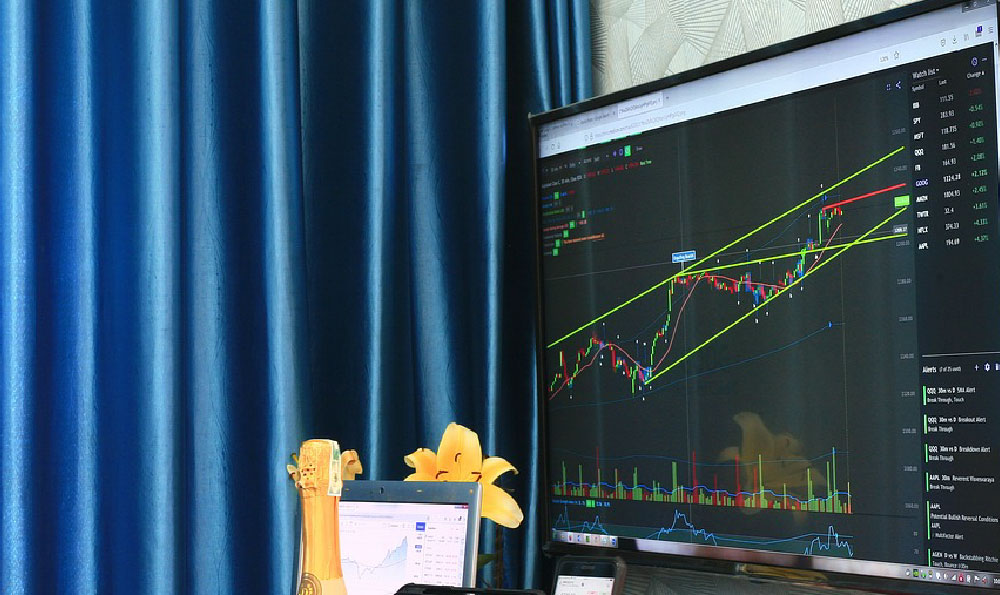Making money without a job is a topic that attracts widespread interest, but it's essential to approach it with a critical and informed perspective. While quick returns can be tempting, they often come with significant risks, and the path to financial success through non-traditional means requires careful planning, discipline, and an understanding of market dynamics. Let's explore several avenues that individuals might consider in this pursuit, while emphasizing the importance of balancing ambition with prudence.
The digital age has created numerous opportunities for earning income through skills or assets rather than traditional employment. For instance, freelance work on platforms like Upwork or Fiverr allows professionals to monetize their expertise in fields such as writing, graphic design, and software development. This requires not only a specific skill set but also the ability to market oneself effectively in a competitive online environment. Similarly, the rise of content creation on YouTube, TikTok, or Instagram has enabled individuals to generate revenue through advertisements, sponsorships, and affiliate marketing. However, the scalability of such ventures depends heavily on audience engagement and content quality, which many newcomers underestimate. Launching a successful online presence often demands months of consistent effort, strategic planning, and an ability to adapt to changing trends.
Investment strategies also offer possibilities for generating income without active employment. However, the key to leveraging this method lies in understanding the distinction between speculation and long-term wealth building. For example, investing in dividend-paying stocks or real estate investment trusts (REITs) can provide a steady income stream, though these require initial capital and a commitment to ongoing research. In contrast, short-term trading or participation in high-risk crypto markets may promise quicker returns but carries the potential for substantial losses. It's crucial to recognize that market volatility often demands a high level of risk tolerance, and inexperienced investors may struggle to navigate these waters without significant financial repercussions. Educational resources, such as books on financial literacy or online courses on investment principles, can help mitigate these risks by fostering a more informed decision-making process.

Entrepreneurship represents another avenue, though it's often misunderstood as a guaranteed path to rapid wealth. Starting a business requires not only capital but also a deep understanding of market demand, operational logistics, and financial management. For example, e-commerce ventures through platforms like Shopify or Etsy can generate income by selling products, but the success of such businesses depends on factors like branding, customer acquisition, and supply chain efficiency. A more scalable approach might involve creating digital products, such as e-books or online courses, which can be sold repeatedly with minimal effort. However, developing a marketable product often requires time, creativity, and a willingness to iterate based on customer feedback.
The allure of "quick money" frequently leads individuals to explore alternative methods that bypass traditional financial systems. For instance, some may consider peer-to-peer lending, crypto trading, or day trading as faster routes to profit. However, these strategies require extensive knowledge of financial mechanisms, market psychology, and risk management. For example, crypto trading involves navigating a highly volatile market with no inherent value backing, making it susceptible to sudden price fluctuations. Similarly, day trading demands a deep understanding of technical analysis, market trends, and psychological resilience against losses. Individuals who pursue these methods without adequate preparation may find themselves exposed to financial pitfalls that could lead to significant setbacks.
In the realm of passive income, options such as renting out property, investing in dividend stocks, or creating digital assets can provide long-term financial benefits. For example, owning rental properties can generate consistent cash flow, though it requires initial capital and maintenance costs. Alternatively, investing in a diversified portfolio of stocks or mutual funds allows individuals to harness the power of compound interest, though this necessitates a long-term commitment and the ability to withstand market fluctuations. Creating digital assets, such as online courses or content, can also be lucrative, but it requires not only expertise but also the capacity to market and monetize these assets effectively.
The myth of "quick money" often overlooks the fundamental principles of value creation and risk management. For instance, many entrepreneurial ventures or investment opportunities that promise fast returns are based on speculative assumptions rather than sustainable business models. The importance of thorough research, strategic planning, and a diversified approach cannot be overstated. Whether it's entrepreneurship, investing, or content creation, the key to success lies in aligning one's efforts with realistic expectations, understanding market dynamics, and maintaining a focus on long-term goals.
Ultimately, the pursuit of making money without a job is a complex endeavor that requires a combination of knowledge, risk management, and patience. While the digital age offers new possibilities, it's crucial to recognize that sustainable wealth is rarely achieved through short-term strategies. The most successful individuals often combine multiple income sources, continuously educate themselves, and approach each opportunity with a clear understanding of its risks and potential rewards. By leveraging these principles, one can build a more resilient and profitable financial strategy that aligns with both personal goals and economic realities.












